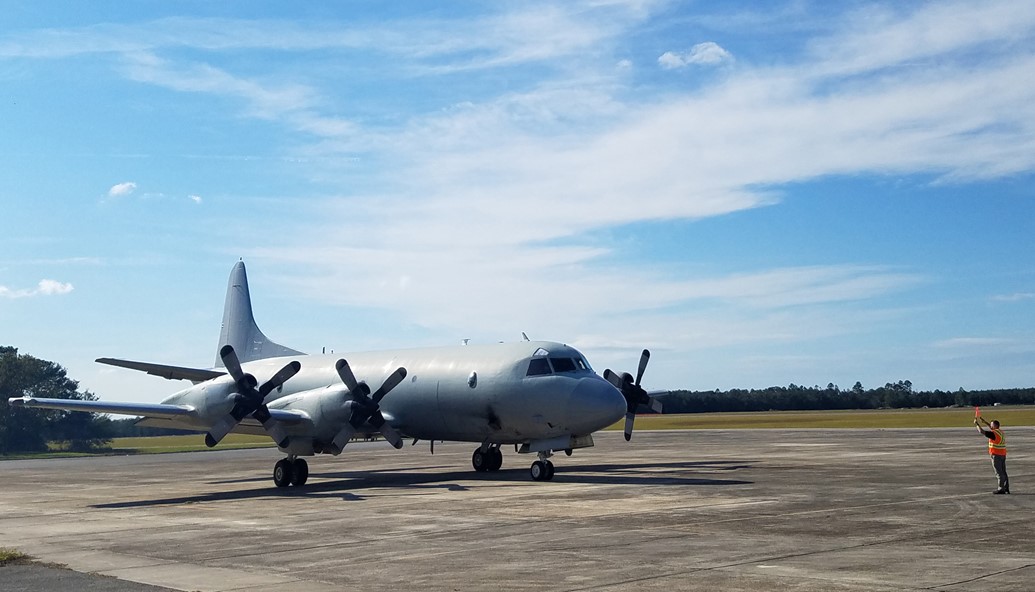April 12, 2024 Proposal to convert Keystone Heights Airport from septic to sewer

Full content here
KEYSTONE HEIGHTS – The Airport Utility Feasibility study, which estimates the cost of converting the Keystone Heights Airport from a septic to sewer system to be $22 million, was presented at the city council meeting on April 1.
The analysis began in 2022 and was funded by the city council, which contributed $110,000, and the airport authority, which contributed $25,000.
Currently, the Keystone Heights Airport uses well water for drinking and septic disposal for its wastewater.
The feasibility study stemmed from conversations with Clay County Utility Authority about extending a water and sewer line to the airport. AECOM, a consulting firm, prepared the report, which Bill Prange presented.
"It makes sense that if CCUA or another entity were to extend water and sewer to the airport, it would need to be designed and sized to serve any other development that might occur along the same corridor," Prange said.
The report examines three types of water – potable, wastewater and fire protection – each with its own pressure and flow demand.
Prange said the estimated maximum demand for potable water would be 117 gallons per minute, and waste water would be 100 gallons a day. Fire protection would be dynamic – 2,250 gallons a minute at 20 psi at the low end and 6,000 gallons a minute at 109 psi at the high end.
The St. Johns River Water Management District said it would permit 864,000 gallons a year for fire protection from the Florida aquifer.
Prange said the demand for fire protection water, including fire sprinklers as an example, exceeds CCUA's current capabilities. He said the airport must seek an independent fire protection water system.
If implemented, Prange said the entire project could cost between $22 million and $23 million.
Councilmember Dan Lewandowski, who has a background in aerospace engineering, said he was impressed with the comprehensiveness of the proposals' technical analysis. But he was concerned with the price tag.
Prange said that CCUA may be willing to contribute financially, now that it has actual figures regarding the airport's water needs. He also said the city council could take advantage of grants that financially assist efforts to retire septic systems and remove small well systems.
"Certainly, a plan like this helps us go after those kinds of sources if we show we have a plan and how much it's going to cost. We have a much greater chance of winning money than if we have no plan at all. So, this is a really great start," Lewandowski said.
Because residents of Bradford County benefit from the airport, which is located on the county line, Lewandowski said it would be beneficial to reach out to them for their cooperation as well.
